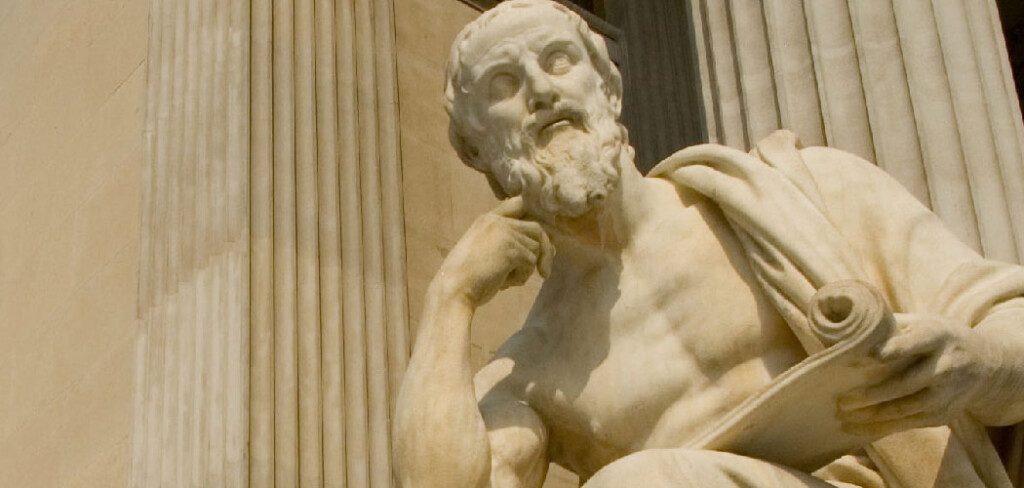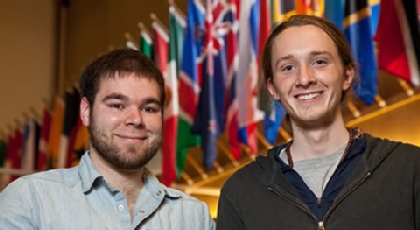Page 59 • (1,595 results in 0.041 seconds)
-
and synthesize information obtained from it, analyze relationships among component parts of sentences and recognize relationships among words and concepts. Quantitative Reasoning — Measures problem-solving ability, focusing on basic concepts of arithmetic, algebra, geometry and data analysis. Analytical Writing — Measures critical thinking and analytical writing skills, specifically your ability to articulate and support complex ideas clearly and effectively. The GRE is scored on a 130-170 scale
-
environments with a focus on understanding issues related to inclusivity and diversity in STEM. This summer we have an exciting portfolio of research projects for REU students to join, led by a supportive and collaborative group of faculty mentors who are committed to building students’ knowledge and skills in educational research – as well as provide a rewarding and fun summer experience in the lovely Palouse! Deadline for applications is February 21, 2023! Please contact Dr. Erika Offerdahl
-
. The program currently offers internship opportunities in the National Weather Service, (NWS), Office of Oceanic and Atmospheric Research (OAR), National Environmental Satellite Data and Information Service (NESDIS), National Marine Fisheries Service (NMFS), National Ocean Service (NOS), and Office of Marine and Aviation Operations (OMAO), allowing them to target the skills needed to fulfill their specific mission needs. Applications will be accepted from Oct. 1 to Jan. 3 and proposed student
-
communities; and by modeling the skills, habits, and ethical passions required for effective democratic citizenship. The primary aim of the program is to prepare teachers to assume a variety of roles in 21st Century schools. Faculty work with students to develop understandings and skills for their work as leaders, inquirers, and curriculum/instructional specialists. Program Overview Students can apply to one of two options within the graduate teacher certification program: 1) The one-year option begins in
-

professional, public, and digital writing. The best thing about the English department is our dedicated and imaginative teachers. English majors can contribute to the student-run literary arts journal, tutor at the Writing Center or the Parkland Literacy Center, intern, and explore the publishing and printing arts minor for valuable professional skills. English majors are critical and imaginative thinkers who can write and communicate effectively, skills employers value. PLU English alums go on to exciting
-

meaning, thought, and action. Through this study you’ll sharpen your skills in critical thinking, problem- solving, research, analysis, interpretation and writing. It’s not unusual for philosophy students to double major and/or have additional minors, and philosophy majors work in a wide range of careers – some have gone on to become philosophy professors themselves. Others have been successful in seminary; in medical, dental or law school; in graduate programs in social justice or environmental
-

offers me a great opportunity to pursue it.” Anderson will graduate this spring with a degree in German and philosophy. He’ll mostly be working with German high school students in Niedersachsen. Anderson sees this opportunity as part of his path to becoming a university professor. “I thought this would be a great opportunity to develop some of my practical, pedagogic skills in a classroom setting,” he said. He’s also excited to be back in Germany, after spending his entire sophomore year studying in
-
, which of your personality traits, characteristics and/or skills will help contribute to your success? Which might create challenges for you?” Unofficial Transcript $50 non-refundable application fee 1 faculty recommendation, 1 professional recommendation *Your home university may submit these materials on your behalf from your home university application. Where do I apply? You’ll find links to each program page in Terra Dotta, the application portal that we use, where you can start an application
-
critically reflecting on individual and collective identity, exploring human systems, and examining power structures. Additionally, students will develop skills for active listening and communicating/collaborating across differences. Common texts and assignments will be made available, but are not required for the course. Ideally, the course will include some component of problem- or place-focused learning that will equip students with skills for exploring DJS in applied contexts. How will we motivate
-
schools, as well as curriculum and programming offered by the Benson Chair in Business and Economic History. Innovation Studies is especially supportive of, and connected to, PLU initiatives that encourage diversity, justice, and sustainability. How does it work? Foundation courses in the program build essential skills to understand the process of innovation in historical and ethical contexts, and to learn fundamental concepts in design thinking, community engagement, and entrepreneurship. A community
Do you have any feedback for us? If so, feel free to use our Feedback Form.


